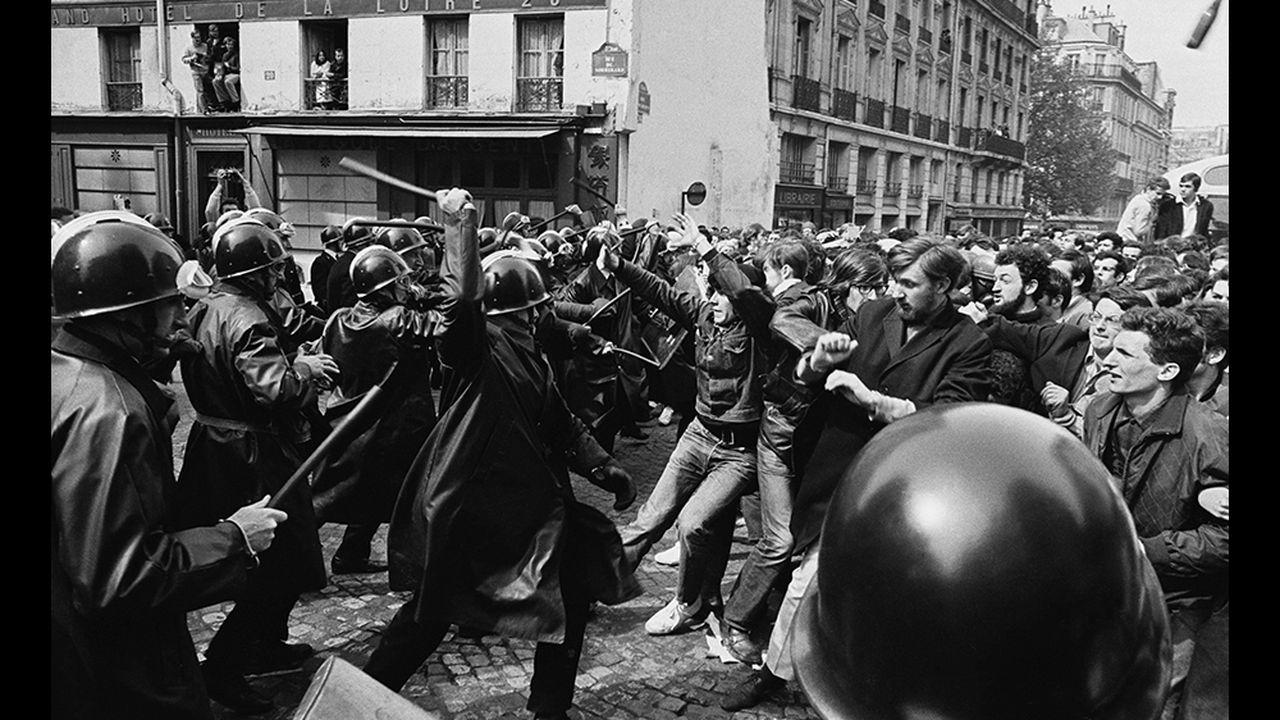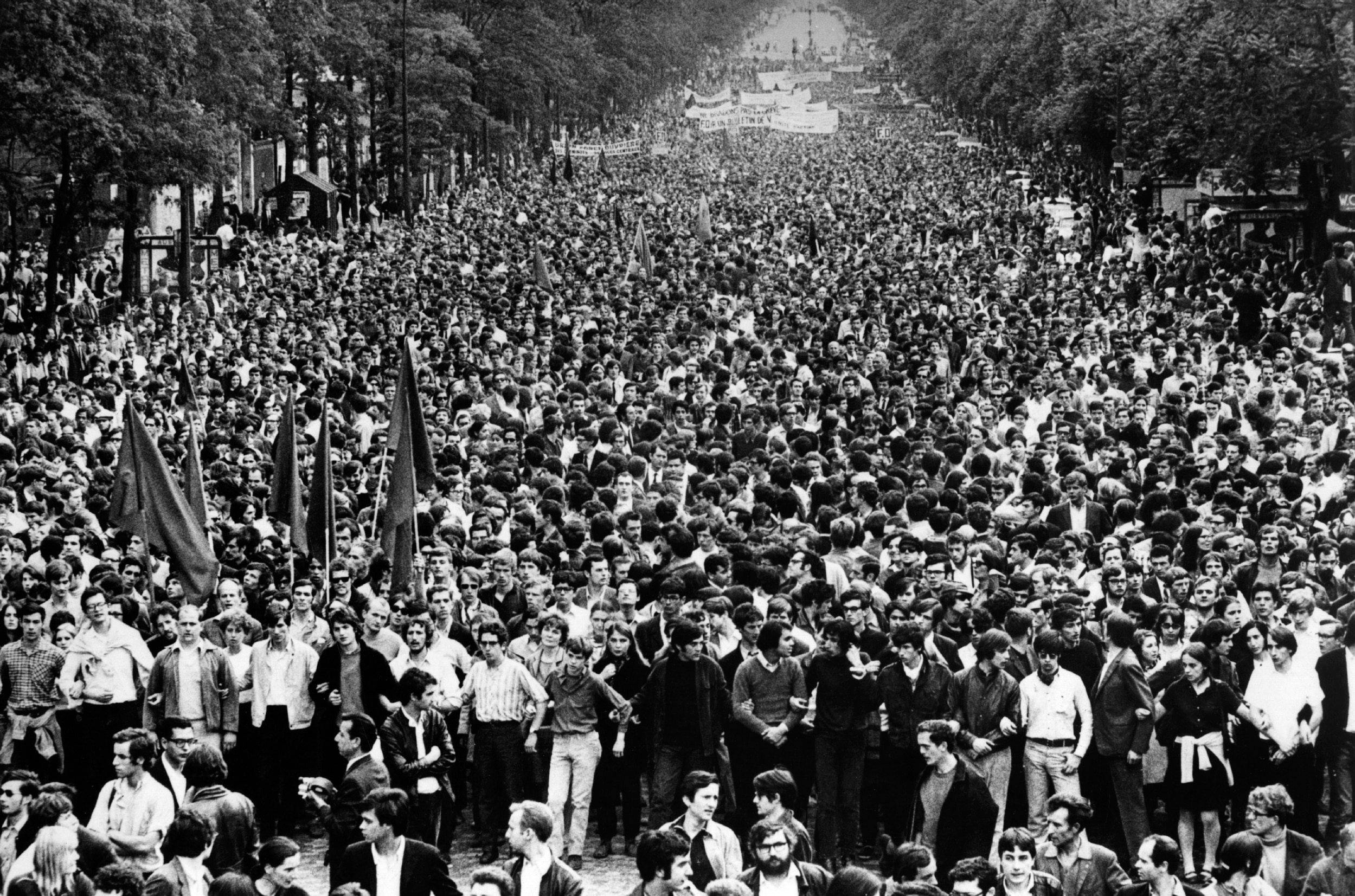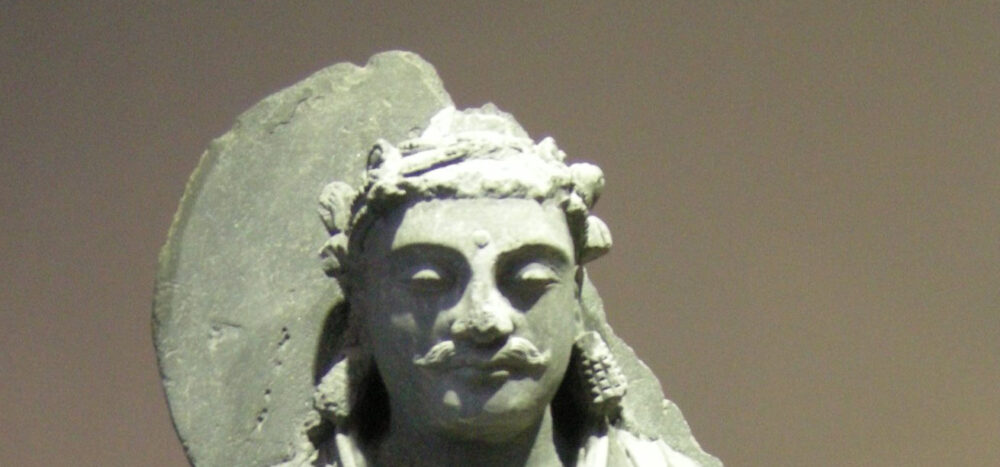There is no such thing as a Beethoven of History or an Einstein of History, and never will be. Why? Because the study of History does not ever reach the organic completeness of form that an art does, or ever develop the confidence of knowledge of a science.
Daniel Kahneman did the controlled studies. Academic historians cannot predict the future any better than a random control group. They have no idea what the future will bring, and yet – surprise surprise – they write history as though it was all predictable, as though it all made sense. That is their function: to make sense of it: “These are the causes. They built up over many years. Great social forces were on the move. It was inevitable. And then it happened!” So why can’t you see what is going to happen next year? The writing of history is a retrospective fiction of rational development and explicable causation.
What does this mean?

The impact of the French Revolution? “It’s too early to say.”
Zhou Enlai
Every event is enmeshed in millions of little incidental causes and conditions, all interacting on each other in incomprehensible ways, entangled in weather, ecology, harvests, technology, family life, moods, accidents, mistakes, misunderstandings, bizarre politicians, sex scandals, fraud, death, industrial failure, sunspots, rays from outer space, you name it… A historian can make any number of of well-argued stories about logic and inevitabliity out of this. It is all hokum. With fictional stories at least we know that the story is chosen by the writer as an act of creation with its own internal logic, a form of truth that does not depend upon claims to objectivity.

How did it happen?
There is far too much material, and we are adding to it daily with trillions more details. It is impossible to sort it out or to see the patterns in it. And that is what is so tempting to, and ripe for exploitation by, ideologues.
Ideologues of Left and Right can easily find what they want and tell the story from their pre-conceived point of view, endlessly repeating their ur-narrative propaganda. From the boundless supply of bits and pieces of ‘evidence’ the historian can select the facts that slot in nicely to the predetermined political framework. It proves nothing. It is not a science. Many committed ideologues make splendid careers out of writing and teaching History.
And my last charge against History is a spiritual one. History assumes continuity. Time rolls on. Everything continues. The future will be more advanced; our children will make great progress. This fools us about important truths. The fact that there is a public realm of discussion in libraries and archives that persists beyond individual deaths is a deceptive form of sentimental comfort-blanket. No! Your death obliterates the entire universe and all your knowledge and history, and the history of the world.
Life, knowledge, thought, experience, awareness, understanding – they all exist in functioning conscious minds – and only there. They do not exist in the continuity of archives and old clips of black and white film. Your death ends it all. Don’t imagine that it smoothly survives while you watch from afar, with a benign smile on your face, wishing them well. Don’t think big, over the grand panorama of History. Think small. Think now. This moment is the only one that exists. All the past and future, all eternity, is in this moment, or it does not exist at all. Isn’t that thrilling? Live this moment! This is where love is, and all the answers are to be found.
And Sociology! And Psychology!
Sociology is notoriously plagued by ideologues. It is as vulnerable to infiltration by entryists with fixed ideas as History, international aid agencies, Trades Unions, and well funded think tanks. Like History, its source material is infinitely complex and its methodology is invent-an-explanatory-narrative. But how much can sociology tell us of what we want to know? After more than a century of academic study, during which the sciences have added immeasurably to our knowledge, can the modern sociologist tell us any more about social problems than we could have learned from Socrates’ grandmother, Aborigine grandmothers, African grandmothers, Lao Tsu’s grandmother or any other thoughtful and observant human being with some experience? We need to know how to bring up a difficult child, how to deal with anti-social people, how to build a housing estate for harmony, how to advise our married children, how much these fancy new politicians with their seductive slogans are likely to achieve this time, what poverty and wealth do to people, how likely it is that prisoners will reform if unmotivated, how to liberate people from addictions, the wonderful effects of a loving family with a moral framework… Wise people of the past thousands of years knew exactly as much about these issues as a modern sociologist. But thanks for inventing the opinion poll.
And Psychology!
Be honest, if you are of a certain age you were duped by Freudian psycho-analysis, weren’t you? And then you were seduced by R.D.Laing, weren’t you? And now you are reduced to the simple truths of Cognitive Behaviour Therapy, aren’t you? And CBT is the ancient wisdom of the Buddha, known to old men and grandmas for millenia, but stripped of its lovely transcendence. Oh dear oh dear.
